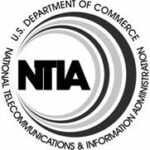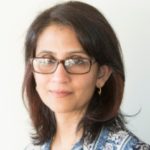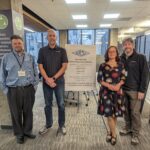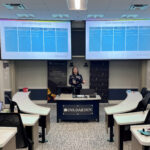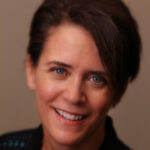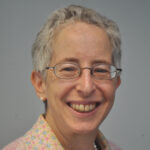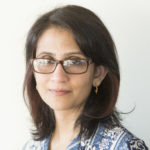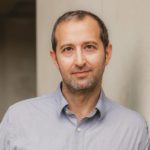Jonathan Williams, Program Director, Electromagnetic Spectrum Management, Astronomical Sciences Division, National Science Foundation
Abstract:
One of the first challenges recognized in spectrum management was the fact that radio waves don’t stop at borders. This led to the reorganization of the International Telegraph Union as the International Telecommunication Union (ITU) in 1932, and since 1947, this United Nations Specialized Agency has been responsible for bringing order to what would otherwise be international chaos in the management of the radio spectrum. Through the diplomatic efforts of 193 member states and over 700 other participating organizations, ITU is tasked with maintaining and supporting the International Radio Regulations, and also serves as a primary venue for the development and dissemination of information for the use of the spectrum. These responsibilities have impacts effects down to the domestic regulatory level, and as we approach the 2023 World Radiocommunication Conference, awareness of and participation in the ITU process and proceedings are critical to understanding and guiding spectrum use developments.
Bio:
Jonathan Williams is an electronics engineer and astrophysicist, and has almost 20 years experience in radio spectrum management. He started at NTIA in interference analysis and evaluation, and subsequently spent 12 years working in international spectrum management in International Telecommunication Union (ITU) proceedings, leading U.S. spectrum policy development and representation on multiple issues through international diplomacy.
In 2017, he joined the National Science Foundation, and serves as NSF’s coordinating spectrum manager. In this role, he represents all of NSF in both domestic and international spectrum management proceedings. Additionally, he works with a team of innovators and experts from multiple disciplines across the Foundation to develop solutions to spectrum challenges, and leverage NSF’s core competencies in funding research and development, including NSF’s Spectrum Innovation Initiative, which provided initial funding for the SpectrumX Center, workforce development, multidisciplinary research, and the nascent National Radio Dynamic Zone program.
Registration Required
